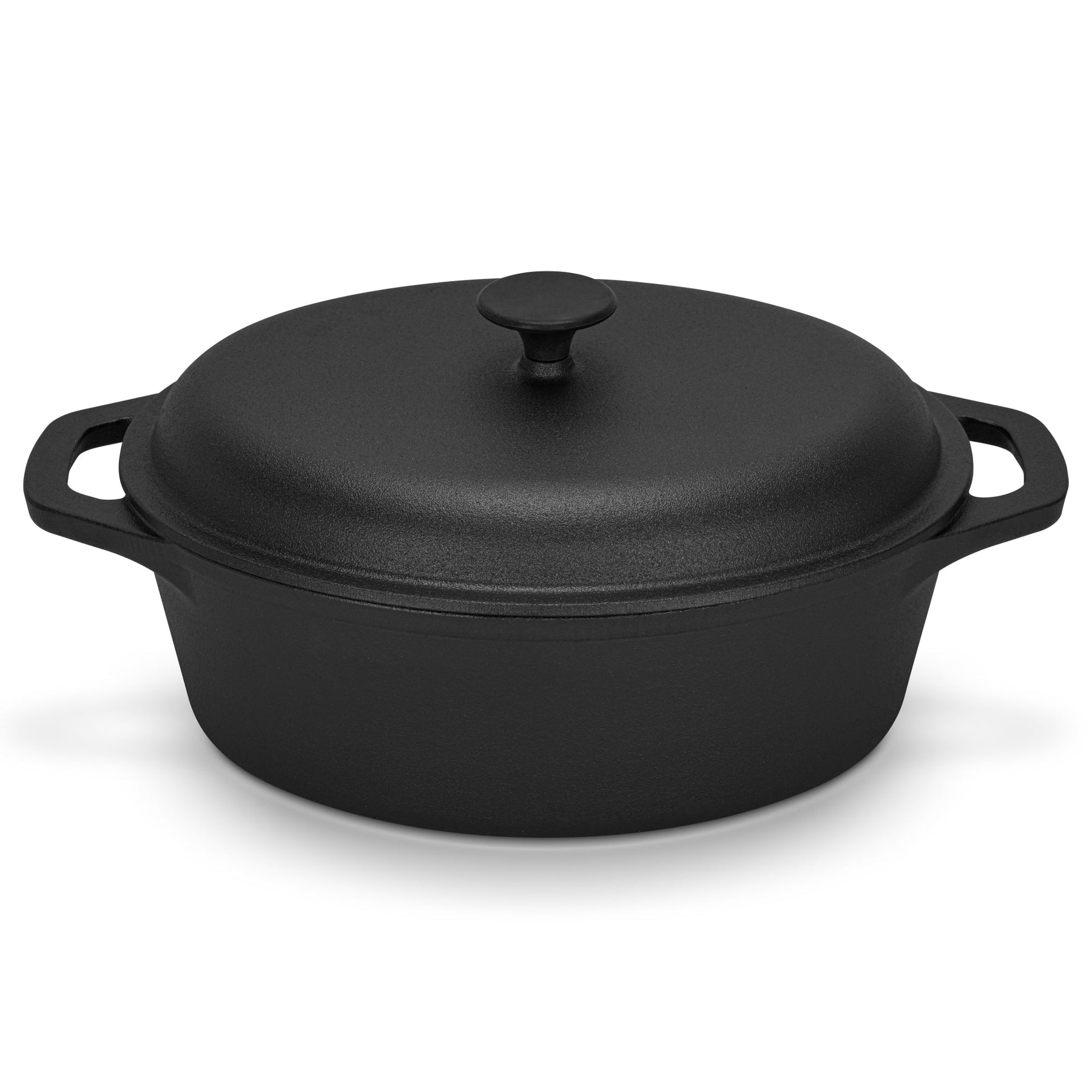
Cast Iron vs Stainless Steel vs Aluminum: Which Cookware is Best for You?
When it comes to choosing the right cookware for your kitchen, the options can be overwhelming. Among the most popular materials — cast iron cookware, stainless steel, and aluminum cookware — each offers unique advantages and a few trade-offs. Whether you’re searing meats, simmering sauces, or baking casseroles, understanding how these materials differ in heat retention, cooking performance, and maintenance can help you build your collection of kitchen essentials UAE with confidence.
Let’s explore how these three materials stack up and which cookware might be the best fit for your culinary style.
1. Cast Iron Cookware: The Classic Performer
Cast iron cookware has stood the test of time, loved by both home cooks and professional chefs for its durability and exceptional heat retention. A cast iron casserole with lid is a staple in many kitchens, ideal for slow-cooked dishes, stews, roasts, and even baking bread.
Heat Retention & Cooking Performance:
Cast iron heats evenly and retains heat for long periods, making it perfect for browning and searing. Once hot, it stays hot — a major advantage when you want to achieve that perfect crust on meats or evenly baked casseroles. However, it takes longer to heat up compared to aluminum or stainless steel, so patience is key.
Cooking Tip:
Preheat your cast iron casserole on low to medium heat before adding ingredients. Avoid cooking acidic foods (like tomatoes or citrus-based sauces) for extended periods, as they can react with the metal if the seasoning isn’t well developed.
Maintenance:
Proper care ensures your cast iron cookware lasts for generations. Wash it by hand with mild soap (or just hot water and a scrub brush), dry thoroughly, and apply a light layer of oil after each use to maintain the seasoning. Never leave it soaking in water — this can cause rusting.
Best For:
Slow-cooked meals, stews, deep frying, baking, and roasting.
2. Stainless Steel Cookware: The Modern All-Rounder
Stainless steel is one of the most versatile and widely used materials in modern kitchens. Sleek, durable, and non-reactive, stainless steel frying pans are ideal for everyday cooking — from sautéing vegetables to pan-searing fish or preparing pasta sauces.
Heat Retention & Cooking Performance:
Unlike cast iron, stainless steel doesn’t retain heat for very long, but it offers excellent temperature control and quick responsiveness. This makes it perfect for recipes requiring precision, like caramelizing onions or deglazing a pan to make sauces. High-quality stainless steel cookware often includes an aluminum or copper core to improve heat distribution.
Cooking Tip:
To prevent food from sticking, preheat your pan properly before adding oil. A simple test: sprinkle a few drops of water on the surface — if they form little dancing beads, your pan is ready. Stainless steel cookware works best with medium heat; excessive temperatures can cause discoloration or food sticking.
Maintenance:
Cleaning stainless steel is relatively simple. It’s dishwasher-safe, but for best results, handwash using warm water, mild detergent, and a non-abrasive sponge. For burnt food or stains, a paste of baking soda and vinegar can restore its shine.
Best For:
Everyday frying, sautéing, boiling, and quick cooking.
3. Aluminum Cookware: Lightweight and Efficient
If you prefer cookware that’s easy to handle and heats up quickly, aluminum cookware is a top choice. Known for its excellent thermal conductivity and lightweight structure, aluminum is especially popular for non-stick frying pans and saucepans.
Heat Retention & Cooking Performance:
Aluminum distributes heat evenly, ensuring that food cooks consistently without hot spots. However, it doesn’t retain heat as long as cast iron. To prevent reactivity with acidic foods, most aluminum cookware is anodized or coated with a non-stick layer. This makes it safe, durable, and easy to clean.
Cooking Tip:
Use medium heat for most dishes — aluminum heats up fast, so high temperatures can cause overheating or damage to non-stick coatings. Always use silicone or wooden utensils to avoid scratching the surface.
Maintenance:
Non-stick aluminum cookware should be cleaned with soft sponges and mild dish soap. Avoid metal scrubbers or harsh detergents. For anodized aluminum, drying immediately after washing helps maintain its appearance and prevents water spots.
Best For:
Quick meals, stir-fries, light cooking, and daily use.
4. Comparing the Three: Which One Should You Choose?
When comparing cast iron, stainless steel, and aluminum cookware, it’s clear that each material has its own unique strengths. Cast iron cookware offers exceptional heat retention, making it perfect for slow-cooked dishes and baking. However, it’s quite heavy and takes longer to heat up. It also requires regular seasoning and proper care to maintain its non-stick surface and prevent rusting.
Stainless steel cookware, on the other hand, strikes a balance between performance and convenience. It heats up faster than cast iron and provides better control over cooking temperatures. Stainless steel is also non-reactive, durable, and easy to maintain. However, it doesn’t retain heat as well as cast iron, and food may stick if the pan isn’t preheated correctly.
Finally, aluminum cookware stands out for being lightweight, affordable, and quick to heat. It’s ideal for daily cooking and quick recipes. While it doesn’t hold heat as long as cast iron or stainless steel, anodized or non-stick coated aluminum offers excellent cooking results with minimal effort. The only drawback is that it can warp or lose its coating over time if not properly cared for.
In short, cast iron cookware is best for those who love slow cooking and hearty dishes, stainless steel frying pans are perfect for everyday use and versatility, and aluminum cookware suits those who value convenience and light handling.
5. Building Your Perfect Cookware Set
When choosing your kitchen essentials UAE, it’s not about picking one material over the others — it’s about finding the right balance. Many experienced cooks combine all three types in their kitchen for different purposes:
-
Use cast iron cookware for baking, roasting, and deep-frying.
-
Keep stainless steel frying pans for everyday cooking and sauces.
-
Rely on aluminum cookware for quick stir-fries or non-stick recipes.
Each type brings something unique to your cooking experience. By investing in high-quality cookware from trusted brands like Fissman, you ensure lasting performance, safety, and style in your kitchen.
6. Final Thoughts
Whether you’re a seasoned chef or just building your first kitchen setup, understanding the difference between cast iron cookware, stainless steel, and aluminum cookware can make all the difference in your cooking results. Each has its strengths — from cast iron’s unbeatable heat retention to stainless steel’s versatility and aluminum’s lightweight convenience.
In the end, the best cookware is the one that suits your cooking habits, lifestyle, and preferences. With the right mix of materials, you’ll have all the kitchen essentials UAE needed to create delicious meals every day — from sizzling breakfasts to slow-simmered dinners.
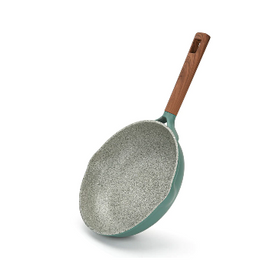
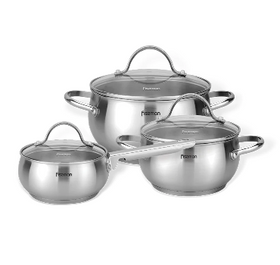
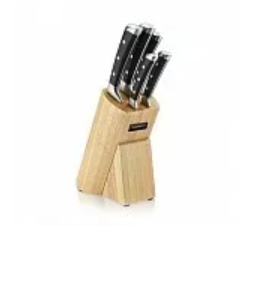
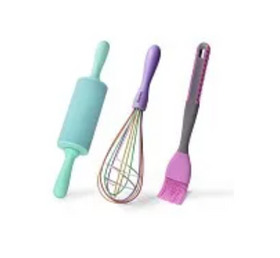
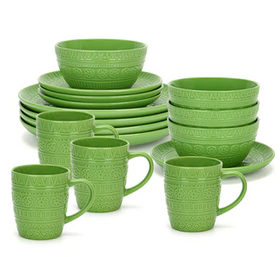
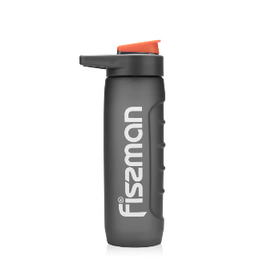
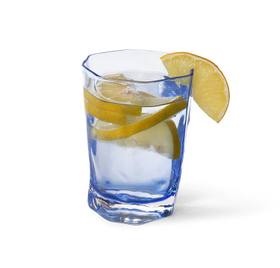




























Leave a comment